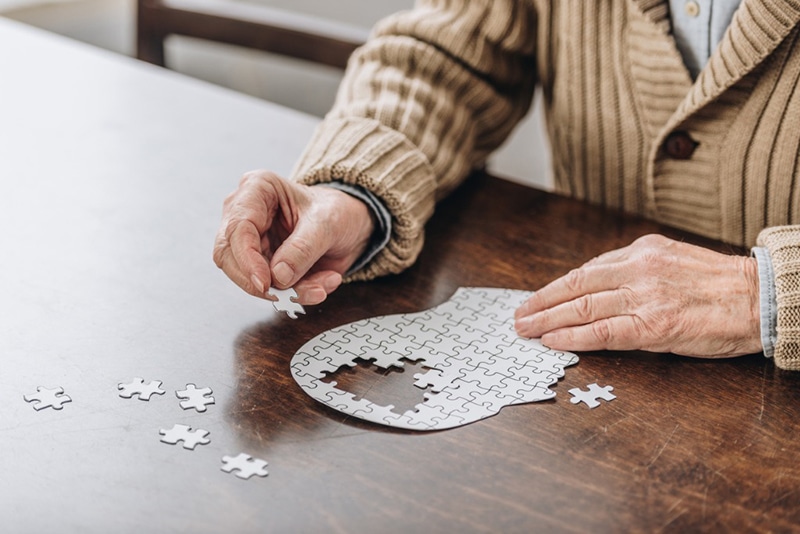Beth Whitaker loves her mother dearly, so when the 90-year-old began experiencing memory loss, she didn’t hesitate to help.
“She gave up a lot for me,” Beth says. “I wouldn’t trade the opportunity to give back to her.”
She and her mother have plenty of company in their struggle. About 50 million people worldwide live with Alzheimer’s, and a third of all seniors die with symptoms of the disease or some other form of dementia, according to the Alzheimer’s Association. It’s the sixth-leading cause of death in the U.S.
So when Beth needed support she sought out others who shared her ordeal.
“We’re all fighting this together,” she says. “And it’s better than trying to do it alone.”
Beth spends one Saturday a month at Methodist Dallas Medical Center to meet with an Alzheimer’s support group.
Each session is led by a trained facilitator who steers the conversation as participants engage in a wide range of topics.
“People learn from each other,” Beth says. “The disease is very different in how it manifests in every patient.”
The common thread is that each diagnosis has life-altering effects for patients and their families, which is why support is so necessary, says Andrea Swanner, Generations program assistant at Methodist Charlton Medical Center.
“Fear, anger, denial, on top of handling the impacts of the disease … can get heavy,” Andrea says. “Being able to sit in a group of people that are also going through those same emotions or who have come through on the other side can bring so much comfort.”
Beth opted to care for her mother at home and have a trained professional visit her daily, but other people may choose to place a family member at an assisted-care facility. Each memory loss patient has his or her own story, and support groups offer caregivers advice and empathy as they try to navigate how to best care for their loved one.
“It’s very good to learn about what others have gone through,” Beth says, “so you aren’t reinventing the wheel.”
Support group conversations cover a multitude of topics:
- Getting legal documents in order to help your loved one with things like finances
- Learning techniques that show you how to best communicate with your loved one
- Knowing the warning signs that hint someone may be experiencing memory loss
Some people may be apprehensive to attend an Alzheimer’s support group because of the stigma surrounding the disease. Andrea admits that she, too, shied away from these groups, but she ultimately found healing and hope from attending.
“I have encountered too many people to name, inside and outside of my family, who are faced with Alzheimer’s or some other form of dementia,” she says. “The first step is breaking down the stigmatization that is sometimes attached to the diagnosis of Alzheimer’s and other dementias.”
That’s the goal of the support group: For participants to leave shame or guilt at the door, so there’s room for feelings of positivity and comfort.
“We need to find answers on so many levels,” Andrea says. “But until then, we can support each other the best we can.”
The Methodist Dallas Alzheimer’s support group meets from 11 a.m. to noon the first Saturday of each month in the Generations Office. To attend, please register first by calling 1-800-272-3900.

